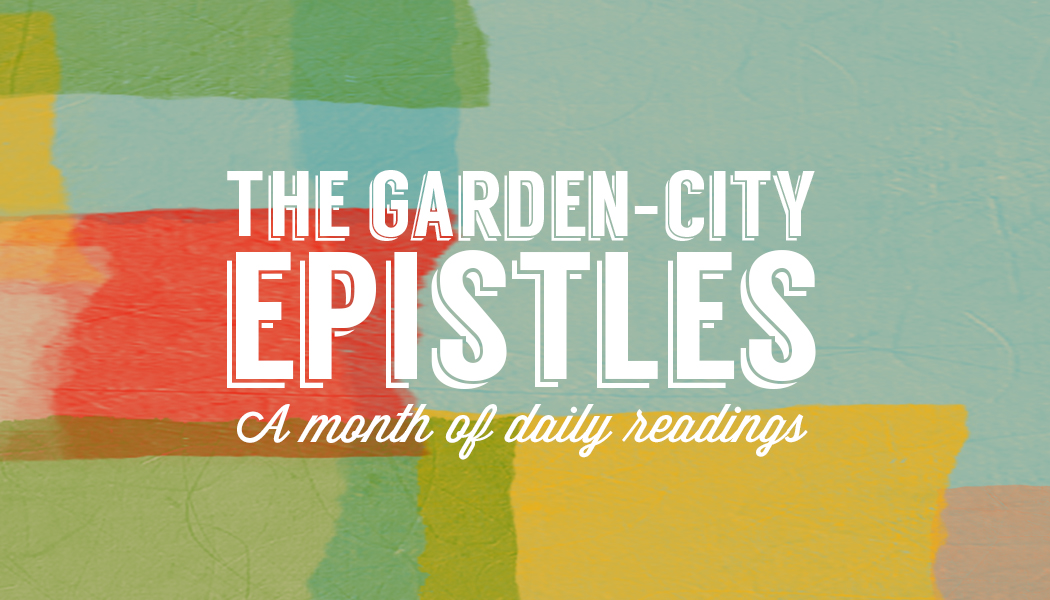This letter’s for Rod Malloy, who runs a non-profit conservation center.
Every horror story set in Europe features a gothic castle. It’s cliché, but it’s true. When I visited Romania I was surprised by how many dark and foreboding castles littered the countryside. That entire country is a playground for nightmares.
But is there an American counterpart? Is there some quintessentially American structure that seems eerily haunted, almost predestined for gloom?
I think there is. It’s not what you might expect. Not at first. It’s an inversion of something we know and love and from which we take comfort (the best horrors usually are). It’s not a church or a school or a courthouse or a mansion.
It’s an abandoned farmhouse.
Think about it. The most perfect picture we have of American life is the frontier, where you can own your own land and kill your own meals, bring in cattle and horses with the sweat of your brow, before milking and plowing at dawn. The American dream is nowhere more mythologized than in our shared memory of pioneers traveling West, settling down, and making their home on the earth.
Consequently, whenever we see that idealized picture distorted or disrupted, abandoned or perverted, we feel like something is deeply wrong. Not just with the farmhouse, but with life as we know it. The imagery shocks us into wondering whether all our nostalgia has bamboozled us.
Sometimes, when people hear of my interest in the theology of cities, they assume I mean cities are good and everything else is less good. But as I’ve tried to make clear, the point isn’t cities themselves but that cities are the result of cooperation with God. The opposite of a godly city is not a godly farm, but a godless city; a city left to ruin, a society turned into a cesspool. The thing that makes it perverse is not the “city” part but the “godly” part. The opposite of a godly garden is not a skatepark, but an overgrown thicket populated by rats.
The virtue lies in cooperation. The opposite of human cooperation can be both lack of cooperation and/or cooperation with an aberrant god. Some cities, rather than giving themselves to God, have given themselves over to a false or foreign deity, whether something ancient like Ashtoreth or Baal, or something contemporary like Relevance or Fame.
The thing I want you to see—or, since you clearly see it already, the thing I want you to realize I see, also—is that our efforts to cooperate with God matter regardless of the form they take. You can work with God as a hairdresser or a garbage collector, cooperating to heal the world as a doula or a dentist. The specifics matter less than the intent, such that we all get to celebrate our work for God regardless of what that work might be.
fossores
Related posts
Categories
Category Cloud
Tag Cloud
Recent Posts
- Victors and Victims November 6, 2018
- 3 Hacks for Happiness October 29, 2018
- Hope Against Death September 20, 2018
- The Shape Of The Cross September 19, 2018


